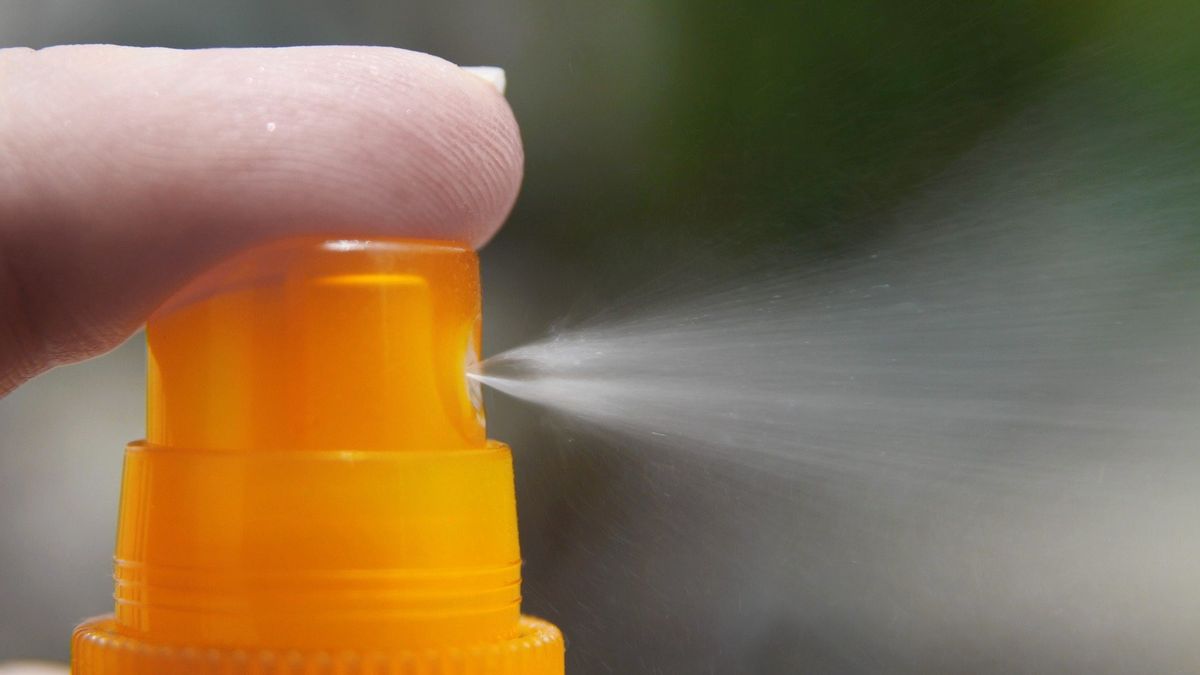JAKARTA - Chairman of the COVID-19 Handling Task Force Expert Team, Wiku Adisasmito, did not recommend spraying disinfectant liquid to the body to sterilize or prevent transmission of the corona virus or COVID-19. Because, there are dangers that threaten when the skin is exposed to disinfectant fluids.
"Spraying directly on the human body is not recommended, because it is harmful to the skin, mouth and eyes. This causes skin irritation and even irritates breathing," said Wiku at Graha BNPB, East Jakarta, Monday, March 30.
Disinfectant liquid is a chemical compound used for the decontamination process that kills microorganisms, viruses, and bacteria on inanimate surface objects.
Items that can be sprayed with disinfectants include floor surfaces, tables, chairs, door handles, lift buttons, escalator handles, ATM machines, storefronts, sinks, and other surfaces that are touched with medical equipment.
Several local governments, such as the DKI Jakarta Provincial Government had sprayed disinfectant liquid in public areas, such as modes of transportation, markets, places of worship, schools, restaurants, and residential areas.
However, that does not mean that the chemical spraying can be done routinely and excessively, such as fogging. This is because disinfectant fluids can interfere with the breathing of humans who inhale them.
"After spraying the surface of the object, you should wipe the surface with gloves for 1 minute," he said.
Wiku encourages people to clean their hands and bodies using soap. Because, this method is the most effective and safe way to kill viruses and bacteria that stick.
"Washing hands with soap and running water is the most effective way to kill the virus. Avoid touching the face area and immediately showering when you get home. If there are no options, use hand sanitizers wisely and safely," he added.
This prohibition was also conveyed by WHO Indonesia on WHO Twitter, Sunday, March 29. In the upload, the WHO said spraying such chemicals could be dangerous if they get into contact with clothes or mucous membranes, for example the eyes and mouth.
#Indonesia, do not spray disinfectant directly on someone's body, because this can be dangerous. Only use disinfectants on surfaces. Come on # Fight COVID19 exactly! https://t.co/D7CuytPJPz pic.twitter.com/q9NEVGItkn
- WHO Indonesia (@WHOIndonesia) March 29, 2020
The English, Chinese, Japanese, Arabic, and French versions are automatically generated by the AI. So there may still be inaccuracies in translating, please always see Indonesian as our main language. (system supported by DigitalSiber.id)













